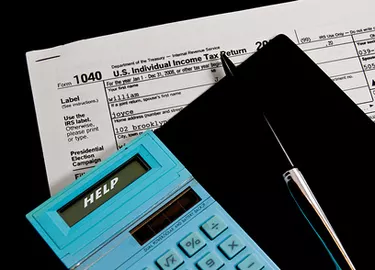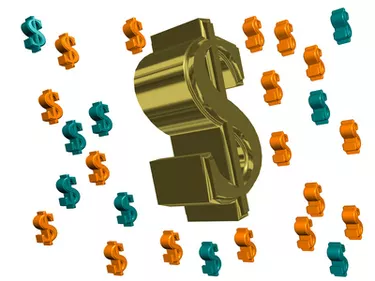
A Registered Retirement Savings Plan (RRSP) is the Canadian equivalent to an Individual Retirement Account. The RRSP is a popular way for Canadians to save for retirement. It allows people to invest money in a tax-sheltered account. People only pay taxes when they withdraw money from the account. The majority of RRSP money is invested in mutual funds, although other investment vehicles are possible. The term "EI" refers to "Employment Insurance," which is money people receive in Canada when they are unemployed. People pay into the government-run Employment Insurance fund when working and are able to receive benefits from the program if they lose their job.
Cashing Out an RRSP
Video of the Day

Cashing out an RRSP while getting Employment Insurance is a definite option. No obstacles exist that would prevent people from withdrawing money from their RRSP fund at any time. The money in the fund is not tied to a person's employment status. Some employers may contribute to an RRSP fund on behalf of their employees, and those contributions will likely stop once a person leaves a company. But the money in an RRSP account--both the contributions made by an employee and employer--are able to be withdrawn at any time.
Video of the Day
Taxed at the Source

People should be aware that they will be taxed on the money they withdraw from their RRSP account. The money will be taxed at the source, which means that the money will be taxed as soon as it is taken out of the account. The typical amount of tax at the source is 10%. For example, if a person withdraws $5,000 from their RRSP account, she will only receive $4,500. Ten percent, or $500, will be taken off as tax.
Added to Income
Another important consideration is that money withdrawn from an RRSP account will be added to a person's total income for the year, and the amount of income tax owed to the government at year's end will include the amount withdrawn from the RRSP account. For example, if a person earns a salary of $50,000 and withdraws $5,000 from the RRSP, his income for the year will be $55,000 and Revenue Canada will assess his income taxes based on this amount. But again, there is no impact if a person is collecting Employment Insurance. If a person collects Employment Insurance all year and withdraws money from an RRSP account, his gross income for the year will be the amount of Employment Insurance benefits he received, plus the amount of RRSP money he withdrew.